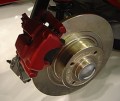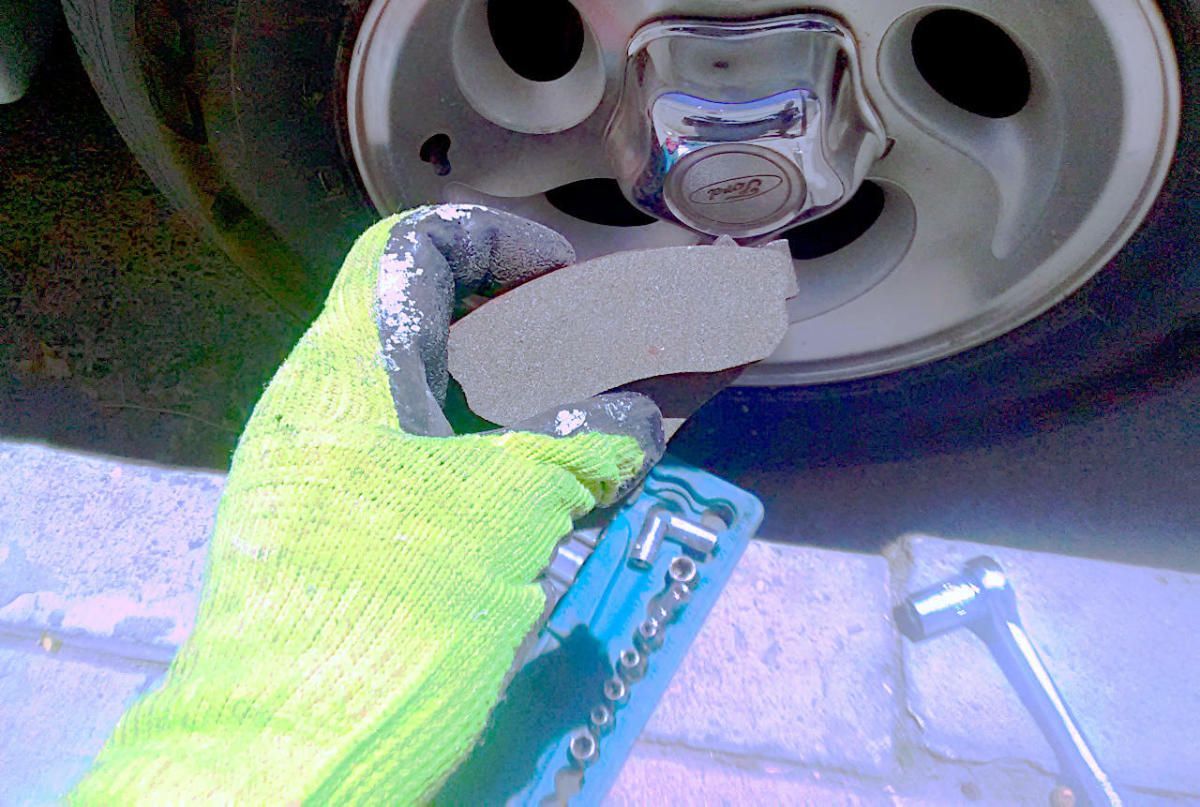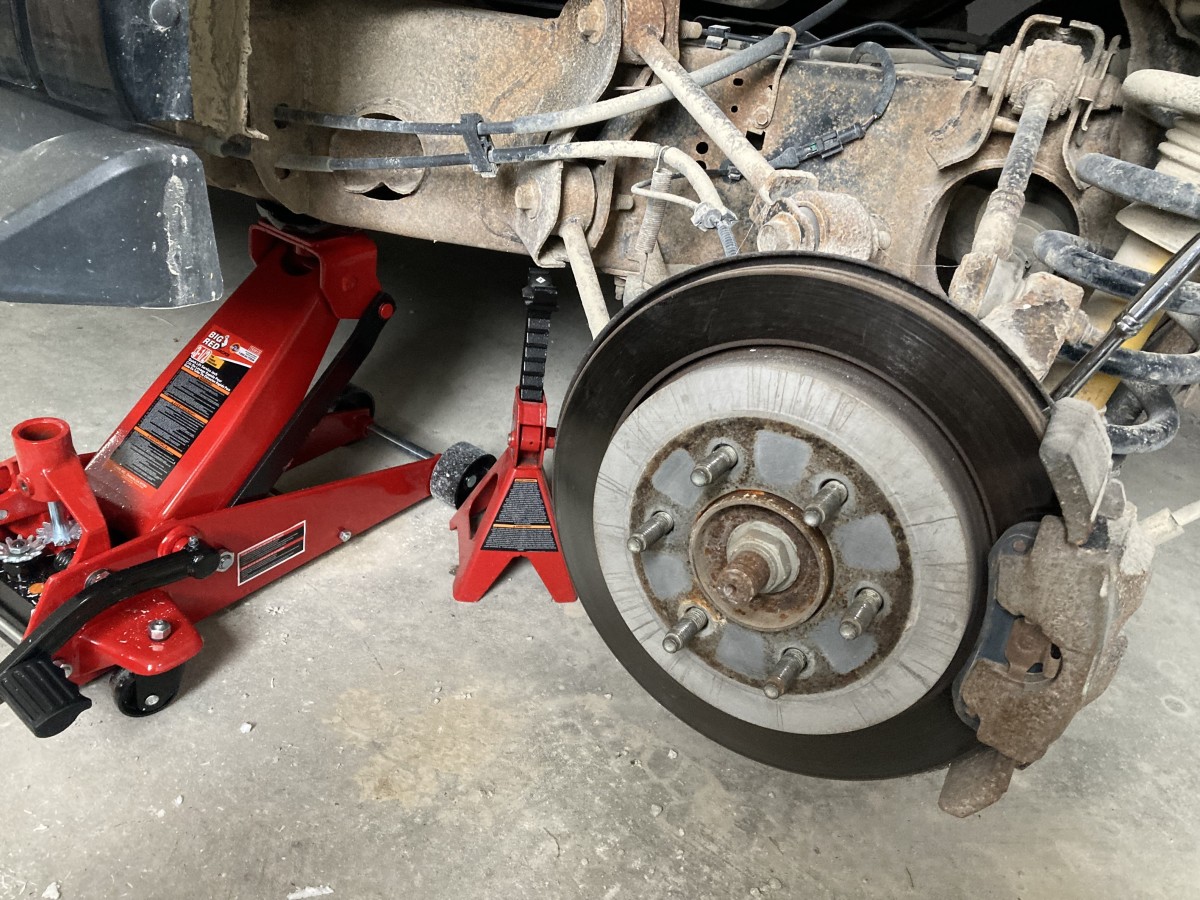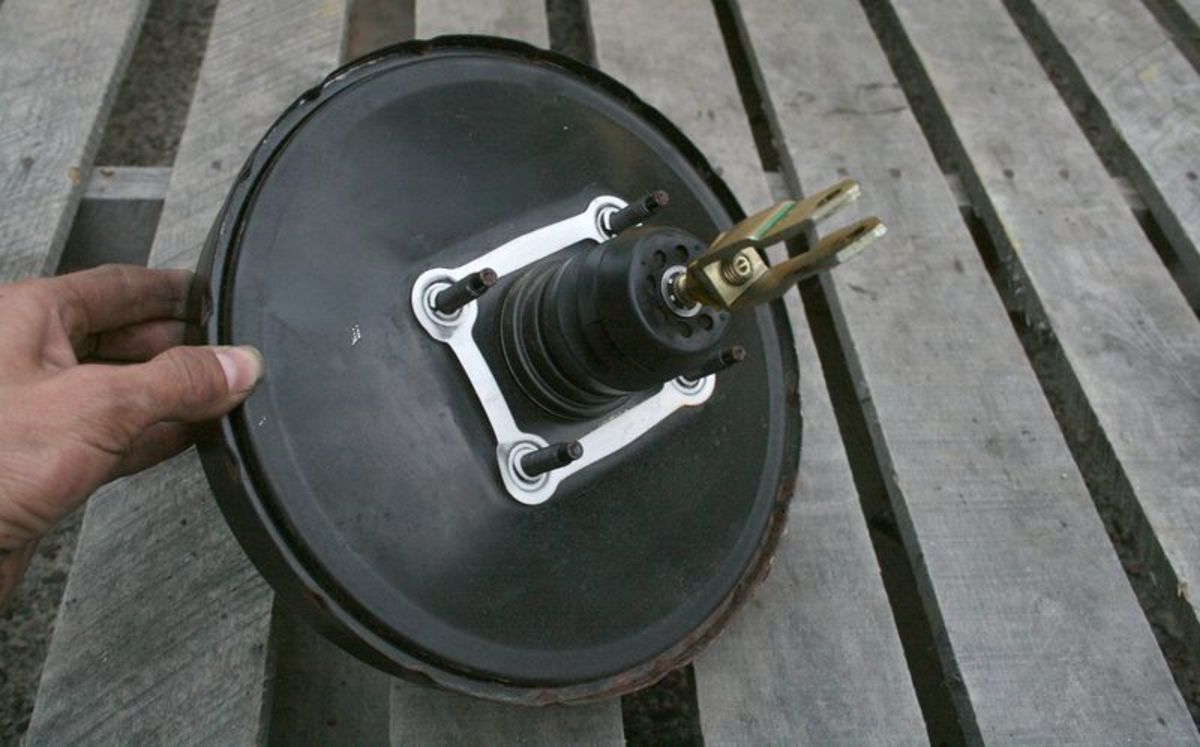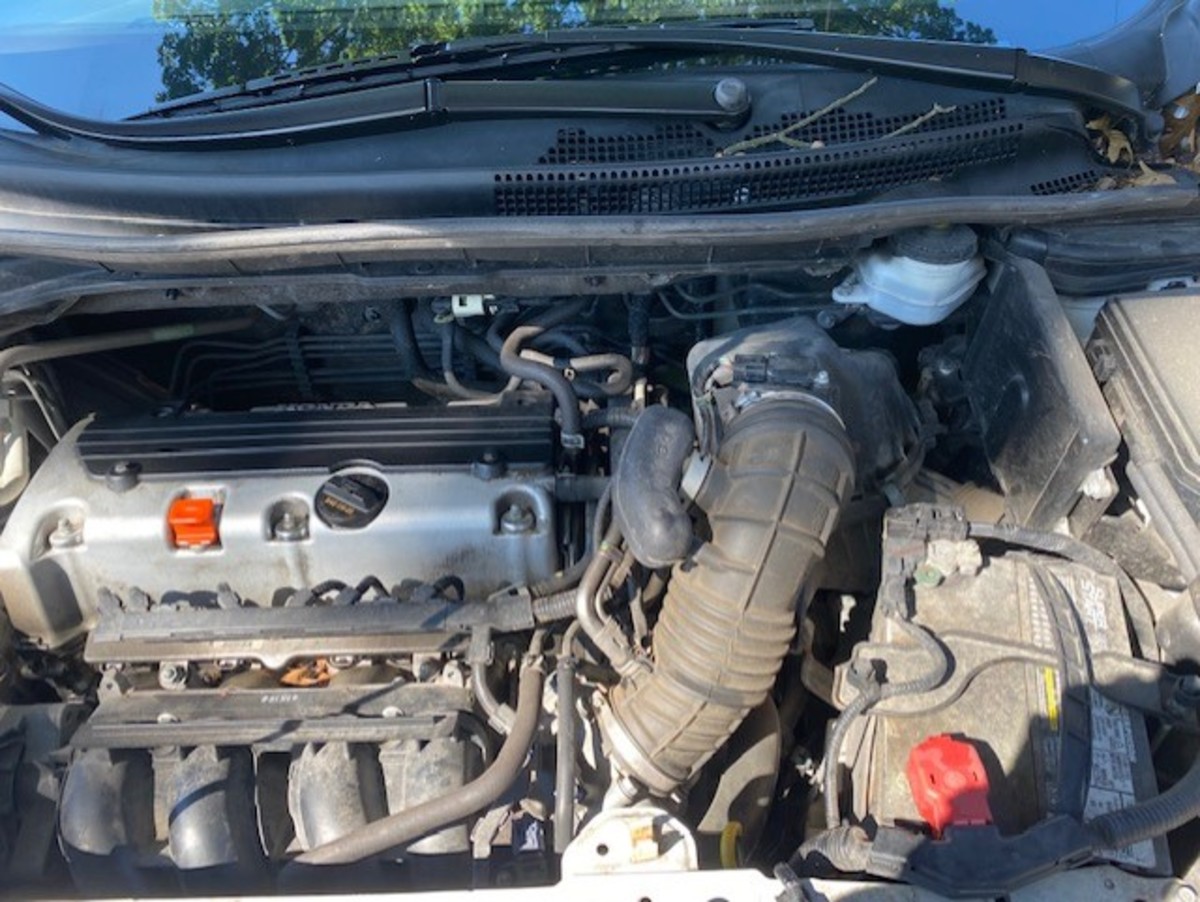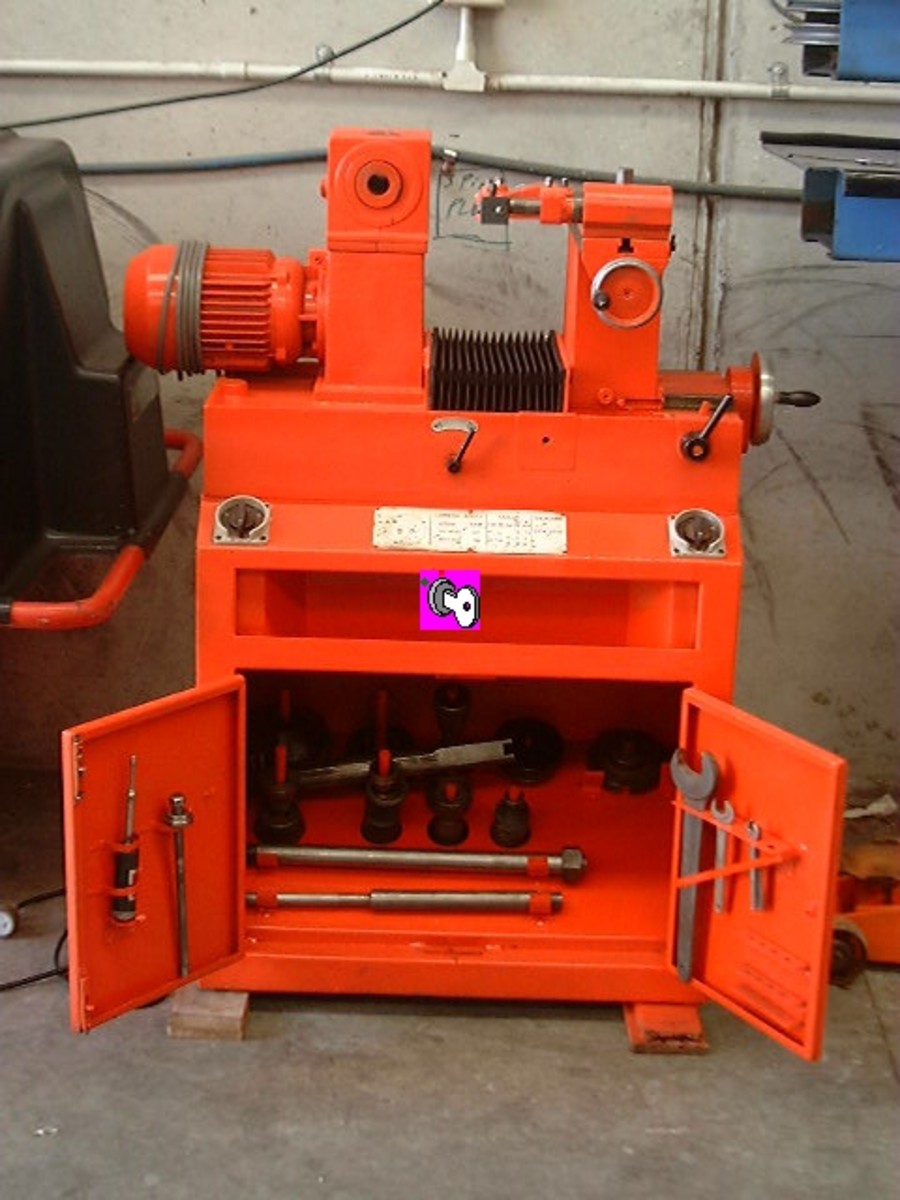Five signs it's time to change your brakes
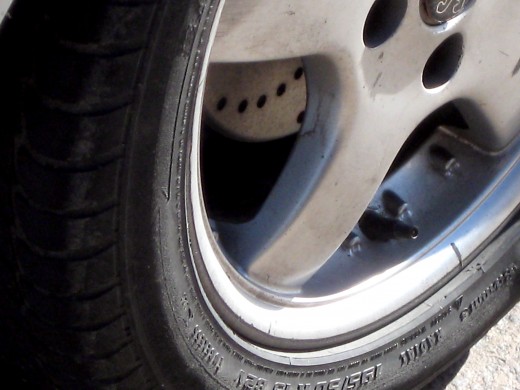
How often do you replace your brakes?

I know there are some out there who might argue the point with me, though I just cannot stress enough, how important your breaking system is; not just to your vehicle but to you personally, your family, your passengers and everyone else out on road. Sure, that without things like an engine, transmission and set of tires, you wouldn't even be out on road, though without your brakes, your engine and transmission would only suffice in propelling you right into an accident. Does ensure you're well aware already, automotive accidents are some of the most lethal incident that we humans have a tendency to get wrapped up in. Way too many of those accidents are caused by a failure in vehicular breaking systems, not because of any inherent problem with the brakes themselves, but because the owner of the vehicle did not maintain them properly or change them when the signs surfaced that it was time to do so sooner.
Do your part to keep the roads more accident free, as well as keeping your wallet fuller, and your vehicle lasted much longer by making sure to follow a proper brake maintenance and repair schedule, and making sure that if you should notice any of the signs or symptoms below, that you get your brakes checked out as soon as possible and make sure they don't need attention sooner than you thought (Which usually doesn't happen with properly cared for brakes anyways!).
1. Loud Squeaks or Squeels
Squeaky bricks are one of the most common and widely known signs that it's time to change are brakes. It's best if you do so at the first sign of even the slightest squeak, no many folks often find themselves riding on squeaky brakes well into the time that they start grinding. This obviously, is especially dangerous. Without properly functioning brakes, your vehicle is basically an oversized projectile weapon, that risks your own life and the lives of anyone riding with you are on renewed. Brakes are cheap and easy to replace by yourself, or to have a shop change out or you. There's really no reasonable excuse for you to wait if your brakes are already sneaking. Just go and get it done and of the way, so you can get back on the road without a worry.
2. Pulling to the Side
A lesser known sign that it's time change of those brakes, is if you find that your car seems to pull to the left of the right. This is especially true if the pull happens with every press and the brakes. The more dramatic to pull, the worse your brakes are. Pulling to one side could be caused by other types of mechanical failures though, so if you notice this happening while you're driving, it's a good idea to take your car right into your favorite local mechanic and have it checked out and repaired--unless you feel competent but you can safely check and diagnose your own brakes, which isn't a hard task at all.
3. Squishy or "Soft" Brake Pedal
This is another much more common and noticeable sign of worn out brakes. You probably experienced this before. You get into your car, and at the nearest moment when you need to make a stop, you push are cut down on the brake pedal, and it feels like there's a little bit of air in it. You push down a little harder, it gives a little more, until you find that your brake pedal is all the way on the floor before you've been able to come to a full stop.
If I've described exactly what your brake pedal is doing right now, it's time to head right in and either pick up new pads for you to change them out yourself, or have your mechanic do the same. Alternatively, if your brakes are quite that bad, it's still just a good idea to get them changed out now before they become that bad. Furthermore, if you find that whenever you push down on your paddle use your or feel a rather nasty grinding sound, you've gone way past the point of reasonable risk. Don't hesitate, get your brakes changed NOW.
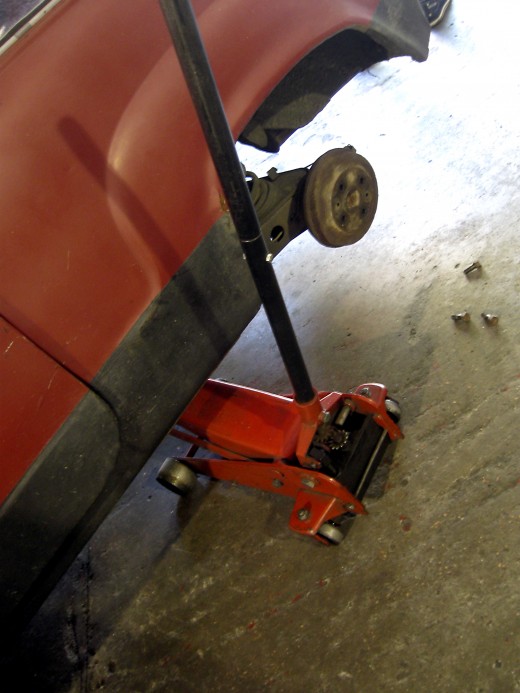
4. Delayed Stopping
In most cases, when someone experiences the symptom, the brick battle is already gotten quite squishy. Though it's also common enough to find that your car just cannot quite stop as quickly as it should when you put your foot on the pedal, even when it's not soft and all, and no squeaky sounds can be found. Obviously, if your vehicle isn't able to come to a full and complete stop when you tell it to, that'ss a SERIOUS risk. Make sure the check that your brakes or have them checked out ASAP.
5. Not-so-good Vibrations
I cannot tell you how many times I've had a customer or friend call me up and tell me that their car or truck has a seriously weird vibration going on, that's freaking them out. I've had one or two cars of my own that have done this to me too. It can be quite disconcerting because noticeable vibrations from a vehicle are usually a sign of deeper troubles. Though you'd be amazed just how often even the most sinister of vibrations, can actually just be a sign of bad brakes.
So if you find that your otherwise trusty transportation seems to be in such a bad mood that it's vibrating really badly, it's a good idea to make sure that your first diagnostic check is your brake pads or drums. You might just luck out, and find that it definitely is your brakes. It might seem funny for me to say that you would "luck out" in a circumstance like this, but out of all the things that could be causing a serious by a vibration in your car, having it be your brakes is going to be the least expensive in both time and money. The last thing that you want is to find your u-joints need to be replaced, or that you need to dive into more serious steering, drivetrain or suspension issues--which are also common sources of bad vibrations.
DIY Corner
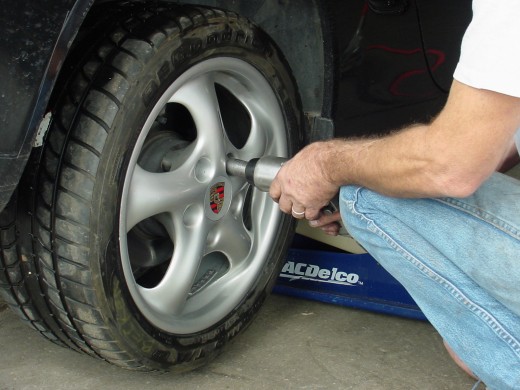
While getting your brakes changed at quick lube shops is often quite affordable, it's also really not all that hard to change your brakes yourself, especially if you have a newer vehicle that has disks and pads all around. So if you're mechanically minded and prefer to DIY, here are some handy videos from YouTube to show you how.
How to Change Your Brake Pads and Rotors
How to change your brake drums & shoes
On vehicles older than 2005, you'll commonly find the rear wheels have what's called "Drum" brakes with "shoes" instead of "pads" and "disks". Drum brakes require more patience and a steadier hand than disk brakes do, so don't rush the job, especially if it's your first time!
Also, while changing out drum brakes and shoes is not rocket science, it can be a little overwhelming and complicated if you're not mechanically minded or experienced yet. If you feel like you're not up to the job, take your vehicle into a shop and have them changed. It's a lot cheaper than having to have your vehicle towed to a shop later on if you get to a point where you're not confident you can get everything lined back up and replaced properly.
That all being said, drum brakes aren't all that scary, and thankfully we've got YouTube and dozens of great mechanics who can show you what you're getting into before you start. Watch the video on the right before you get out your wrenches, so you can decide if you're up for the tasks or not.

